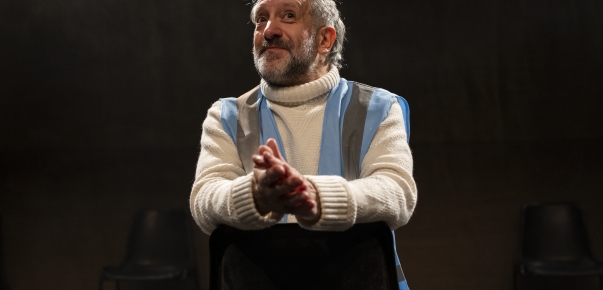Stagework: Adaptation
24 Nov 2011The following is taken from www.stagework.org.uk. Follow the links below to view short video clips about the process of adaptation.
Transforming a 100,000 word novel that takes several hours to read into a play lasting no more than 2 ½ hours is complex and difficult. The process is essentially one of compression: cutting down the number of words, especially descriptive ones, and shifting from a form that relies entirely on words to one that uses not only words, spoken by actors, but also makes meanings through actions and silences. A traditional literary text as opposed to a dramatic one often uses long descriptive passages to establish location and mood, whereas in a play, the language of performance includes a visual text created by the presence of the actors and their interaction with one another, the setting and the lighting. Helen Edmundson, the adaptor of Coram Boy, says that she usually writes lengthy stage directions which the director may or may not wish to follow.
The theatre rights for Coram Boy were snapped up National Theatre after a proposal from another theatre fell through. Helen had to decide how best to represent the story dramatically and enable the audience to make sense of it while remaining faithful to the spirit, if not the letter of the original. Jamila Gavin, the author of Coram Boy, says that once an author signs a contract with a theatre, the theatre has the right to do what they want to make it into a play, and at this point she stands back and trusts them to make a play that works. As director Melly Still acknowledged, there is, perhaps inevitably in adaptation, a conflict between character and plot. Where that happens it is usually the demands of theatre for clear and direct story-telling that entail some sacrifice in the details of characters compared to those depicted in the original novel.
There is always an interesting relationship between the novels and the plays on which they are based, not least because some people who will see the play will do so because they already know and possibly love the former. Their experience as an audience in the theatre will to some extent be mediated by the knowledge of the novel they bring with them, including ideas of what the characters look like, how they behave, and what part or parts of the novel they recall most vividly. Their relationship with the play in performance will involve a comparison of what they see and hear in the theatre with the remains of the book that are lodged in their memory.


